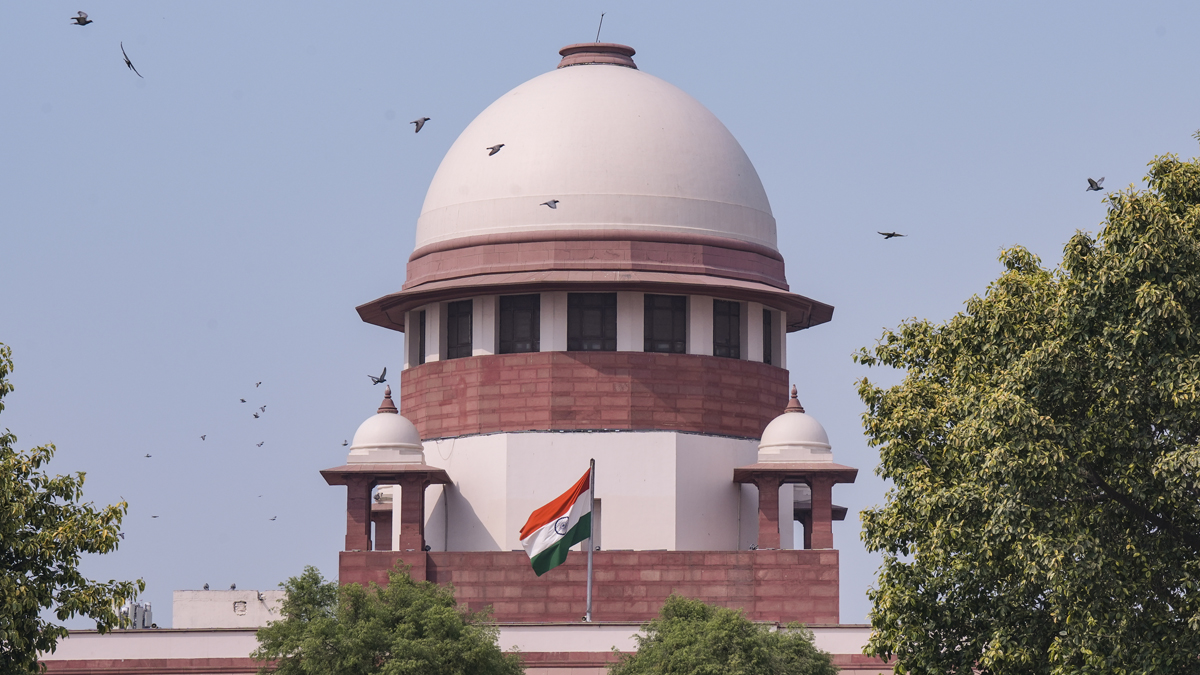SC clears man of rape case, warns against misuse of sexual assault laws
 New Delhi: View of the Supreme Court of India, in New Delhi, Wednesday, April 16, 2025. The apex court has begun hearing on a batch of petitions challenging the constitutional validity of the Waqf (Amendment) Act, 2025. (PTI Photo/Manvender Vashist Lav)(PTI04_16_2025_RPT222B)
New Delhi: View of the Supreme Court of India, in New Delhi, Wednesday, April 16, 2025. The apex court has begun hearing on a batch of petitions challenging the constitutional validity of the Waqf (Amendment) Act, 2025. (PTI Photo/Manvender Vashist Lav)(PTI04_16_2025_RPT222B)
The Supreme Court has overturned rape charges against a man, ruling that a failed promise of marriage does not amount to rape in the absence of proven deceit.
A bench of Justices B.V. Nagarathna and Satish Chandra Sharma, who presided over the case, emphasised the necessity of establishing fraudulent intent at the outset of the relationship to sustain such allegations.
The case stemmed from a complaint filed in Aligarh by a 32-year-old schoolteacher who alleged that the accused had engaged in a sexual relationship with her between 2018 and 2020 under the false assurance of marriage. When the relationship ended, she approached the police, claiming that her consent had been invalidated by deception. Based largely on her testimony, trial courts pressed charges under Section 375 of the Indian Penal Code, resulting in the former judge’s arrest and public censure.
However, the top court found insufficient evidence to support the claim that the promise of marriage was made with dishonest intent from the beginning.
In her judgment, Justice Nagarathna highlighted that while broken promises can be emotionally distressing, they do not automatically equate to criminal behavior.
“Consent obtained on the basis of a marriage promise cannot be construed as vitiated unless it is shown that the promise was never intended to be fulfilled,” the court noted.
The court also clarified that rape laws were meant to address grave sexual violations, and not to settle scores after failed relationships.
ALSO READ | Influencers critiquing products isn’t defamation, rules Delhi High Court
The bench noted the complainant’s maturity and education, observing that the relationship appeared consensual initially, with no evidence of fraudulent intent at the outset.
"Even if we take the case of the complainant at face value or consider that the relationship was based on an offer of marriage, the complainant cannot plead ‘misconception of fact’ or ‘rape on the false pretext to marry’. It is from day one that she had knowledge and was conscious of the fact, that he was in a subsisting marriage, though separated," the bench noted.
"In our considered view, even if the allegations in the FIR and the charge-sheet are taken at their face value, it is improbable that she had engaged in a physical relationship with the appellant, only on account of an assurance of marriage," the bench said adding that one may argue that he was in a position of power to exert influence. However, there was nothing on record to establish inducement or enticement.
India